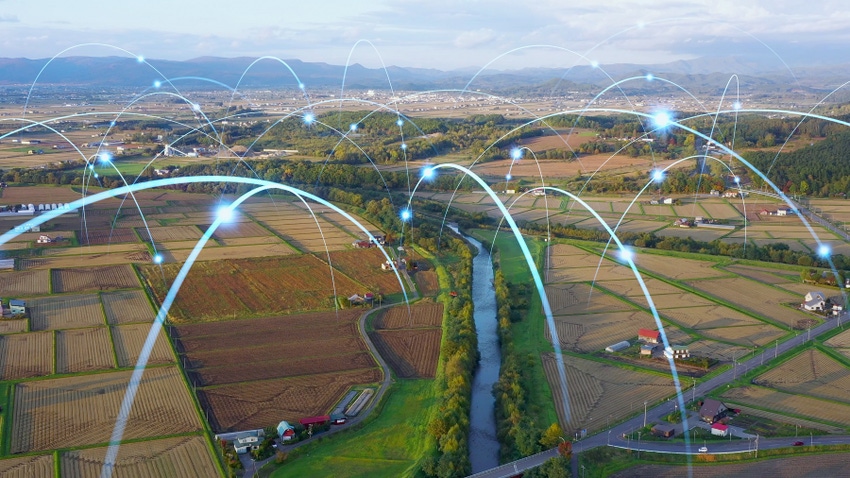
I am often asked, “What is the biggest change you have seen in agriculture during your career?” Without a doubt, it would be the transition of technology. Whether it is biological, engineering, or information and data management technologies, all are combining to transform the agriculture industry at an accelerating rate.
In the current economic environment, the transition from fossil fuels to green energy and artificial intelligence (AI) are technologies that are at the top of mind. When examining the progression of any technology, one has to consider the curve of adoption or the diffusion of innovation. Often technology will go through a period of infatuation where many believe it to be “the next big thing.” In recent years, green energy and AI are in that part of the curve. Countries around the world have been aggressive regarding green energy initiatives, which has also been fueled by the media and weather and climate abnormalities.
The adoption of artificial intelligence has accelerated. In 2020, it was estimated that AI had the human IQ equivalent of 80. In 2024, the IQ increased to 120. By 2028, the human IQ equivalent of AI is projected to be 1,200! This has many individuals in the boardroom and in personal conversations discussing the impact of AI on their business and personal lives.
Over the next few years, expect the curve of adoption to move into the trough of disillusionment. This is now occurring in Europe and, to some extent, in the United States as people and governments are moving toward a term called greenlash, or a pushback on the green energy movement. Some of the pushback is being fueled by a disjointed effort globally. China and India are adding fossil fuel initiatives. A steep, global recession could cause countries around the globe to prioritize their economies ahead of green energy. The unintended consequences of infrastructure and the sustainability of green energy without government support in a debt-ridden world economy may impede adoption.
Concerning AI, progress will be seen in crop yield prediction, intelligent spraying, disease diagnostics, crop and soil monitoring, and agricultural robots. However, adoption amongst the early innovators will be within the context of regulators, consumer acceptance, and producer acceptance. Another question will be whether the technology companies have the technicians to deliver economically and timely service which can impact the depth of the trough.
After this period, expect an increase in the adoption of technology as the cycle enters the plateau of productivity and enlightenment. Whether this is two, five, or ten years will be predicated on the ability to incorporate high tech with high touch, otherwise known as the human interface and acceptance.
The changes that new technologies will bring to the agriculture industry are still evolving and almost unimaginable. It will be interesting to observe how the agriculture industry will evolve and change over the decade as we move through the curve of adoption.
About the Author(s)
You May Also Like






